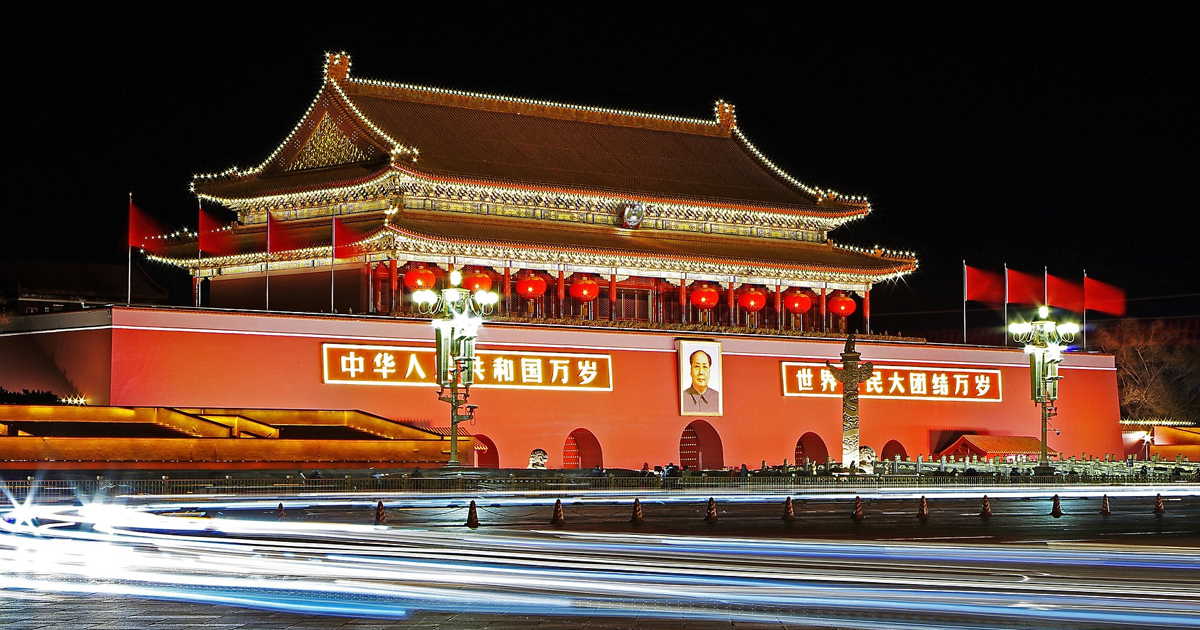Shares of Chinese gaming companies began to recover after the softening of the position of the authorities
The morning of December 27th began for Chinese gaming giants Tencent and NetEase with an increase in the value of shares. This is due to the promise of the Chinese authorities to review restrictions affecting the local industry and the issuance of a new batch of licenses for games.
As Bloomberg noted, Tencent shares rose by 4.9%, and NetEase shares by 14%. However, the companies have not yet managed to fully recover from Friday's drop. In particular, Tencent shares are now trading 8% cheaper than on Friday, December 22.
Recall that last week, the National Press and Publications Administration of China (NPPA) published a draft of restrictions aimed at curbing practices that encourage players to spend more time and money on games. However, after a sharp drop in the share price of Chinese gaming companies — in total, the companies fell by $ 80 billion — the regulator softened its position. The NPPA announced that it would listen to the concerns raised and make changes to the project.
Also on Monday, the NPPA issued licenses for the release in China of 105 games from Chinese developers at once. The list of approved games includes, among others, Counter War: Future from Tencent and Firefly Assault from NetEase.
Analysts reacted differently to the authorities' reaction to investors' concerns.
"We believe that these measures, designed to put out the fire, may slightly ease the anxiety of the stock market. But they are not enough to remove the looming threat that arose after the publication of the draft restrictions," Nomura analysts write.
At the same time, analysts at JPMorgan Chase & Co. believe that the possible introduction of restrictions will have a weak impact on at least the monetization of Tencent and NetEase games. In their opinion, the stock market's reaction to the project is exaggerated.
Analysts at Citigroup note that the issuance of licenses means that the authorities continue to support the "healthy development of the online gaming industry," despite the publication of the draft restrictions.
